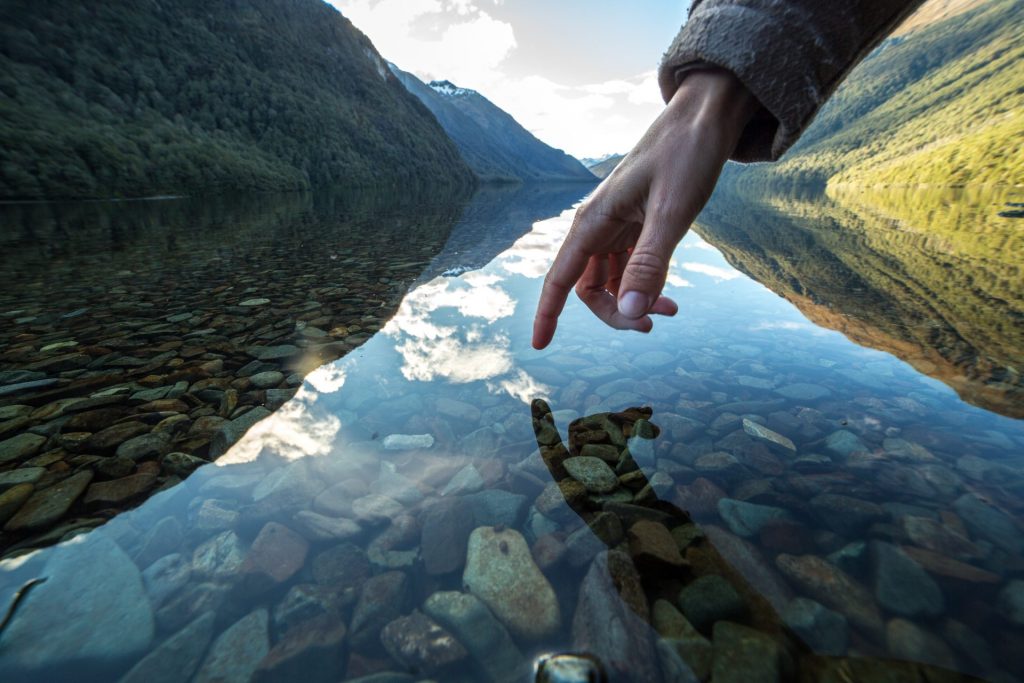
A global pandemic like COVID-19 was a matter of ‘when not if’ according to a diverse group of Kiwi scientists who formed an alliance almost a decade ago in anticipation for such an eventuality.
Many of the group – called One Health Aotearoa – are playing key roles in recently-announced Government-funded COVID-19 research projects, such as trialling potential cures and developing DNA-scanning technology to give near-real-time data on the virus’ spread.
One Health Aotearoa (OHA) was formed in 2013 around a core alliance between the University of Otago Medical School, Massey University Veterinary School and the Institute of Environmental Science and Research (ESR). The now more-than-120-strong collection of scientists from 17 different institutions has become New Zealand’s leading infectious diseases research, education and advocacy group. Many are advising the Government and have been prominent in providing expert commentary during the COVID crisis.
University of Otago, Christchurch infectious diseases expert Professor David Murdoch is co-director of OHA. He says a global pandemic caused by a new virus, such as has happened with COVID-19, had been anticipated for some time.
“A global pandemic was always a matter of when, not if. Experts in infectious diseases have predicted this sort of outbreak for some time and know that it won’t be the last. COVID-19 is yet another infectious disease emerging at the animal-human interface, and the third major outbreak of a new coronavirus this century. Factors such as increased urbanisation, overcrowded living conditions, and increased global migration have created environments that promote the transmission of infections.”
Professor Murdoch said a One Health approach – which brings together expertise and experiences from a wide range of backgrounds – is ideally suited in the current situation.
“Understanding the complex systems that drive the spread of such disease is essential for informing strategies to tackle emerging and re-emerging infectious diseases. This usually requires responses from multiple disciplines and an awareness of what is happening globally. Consequently, professionals and researchers from a wide range of disciplines must work together and with communities to prevent and control infectious disease impacts through actions at all levels.”
OHA scientists are now playing key roles in almost all of the Government’s recently announced COVID-19 research. The Health Research Council projects aim to:
- Develop a way to screen patient samples for COVID-19 at the front-line, for example doctors’ clinics or airports, to provide more rapid ‘triaging’ or identification of virus carriers. (OHA investigators Jo-Ann Stanton, James Ussher, Miguel Quiñones-Mateu)
- Trial the effectiveness of existing drugs lopinavir-ritonavir and hydroxychloroquine in the treatment of patients hospitalised by COVID-19. (OHA investigators Mike Maze, Sandy Slow, Stephen Ritchie, Ayesha Verrall)
- Study the quarantine and isolation experiences and practises of at-risk New Zealand groups to understand our country’s strengths or vulnerabilities in this area and optimising communication to these groups. (OHA investigator Nigel French)
- Study the impact of the COVID-19 pandemic in New Zealand and identifying vulnerable populations to produce public health guidance for the Government on this and future pandemics. (OHA investigators Michael Baker, Amanda Kvalsvig, Mat Walton, Ayesha Verrall)
- Find new ways to use genomic data as well as human movement and location data to understand the near-real-time spread of COVID-19 though the population. (OHA investigators Colin Simpson, Alexei Drummond, David Murdoch, Nigel French and Michael Baker)
- Improve effectiveness and equity in the operation of COVID-19 self-isolation. (OHA investigators Michael Baker, Amanda Kvalsvig, Siouxsie Wiles)